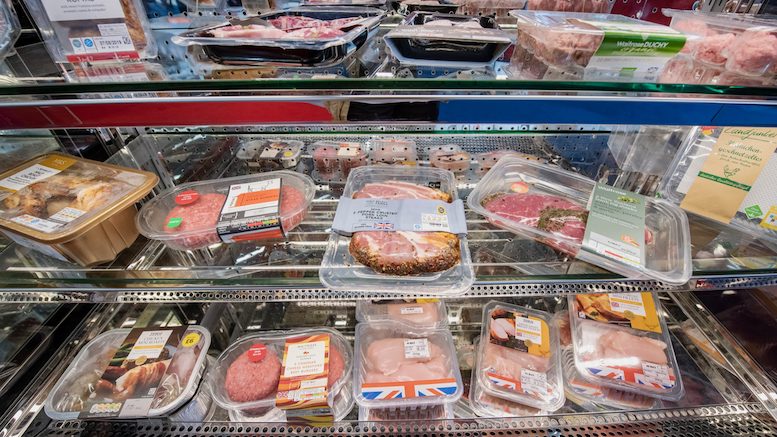Strict regulation of bisphenol in food packaging

The Federal Ministry of Food and Agriculture (BMEL) supports the European Commission's initiative to regulate bisphenol A more strictly in food contact materials across Europe in the future. On February 9, 2024, the EU Commission presented a corresponding draft regulation banning the use of bisphenol A in food contact materials.
State Secretary Silvia Bender explains: “The safety of food contact materials is a particular concern. We therefore strongly support the European Commission in shaping this project. Bisphenol A is found in many everyday products. The chemical substance is used, among other things, in the production of certain plastics, adhesives or coatings on cans, crown caps or tubes and can be transferred from there to the food. With this proposal we can significantly reduce the health risk.”
In order to avoid negative health effects, there are already a number of EU legal requirements for the safety of food contact materials, including specific limit values for maximum transfer into food. The existing EU regulations are continually reviewed as new information becomes available. The European Food Safety Authority also re-evaluated the substance bisphenol A and published its results in April 2023. Since the previous health guideline value was significantly reduced by a factor of 20.000, the European Commission has now published a draft regulation banning the use of bisphenol A and given citizens, economic operators and member states a four-week opportunity to comment.
The ban is intended to cover the intentional use of bisphenol A in the manufacture of food contact materials from plastics, paints and coatings, ion exchange resins, rubber, printing inks and adhesives. However, there are still no suitable alternatives for individual areas of use. Longer transition periods than the general period of 18 months should be granted for these uses so that the production of such food contact materials can be converted appropriately and, above all, safely. This applies, for example, to coatings in metal packaging for particularly acidic foods, which must be more resistant, or to elements such as valves, viewing windows or measuring devices that are permanently installed in production equipment for food production. There should be a grandfathering period of 10 years for such items already on the market in food production.
